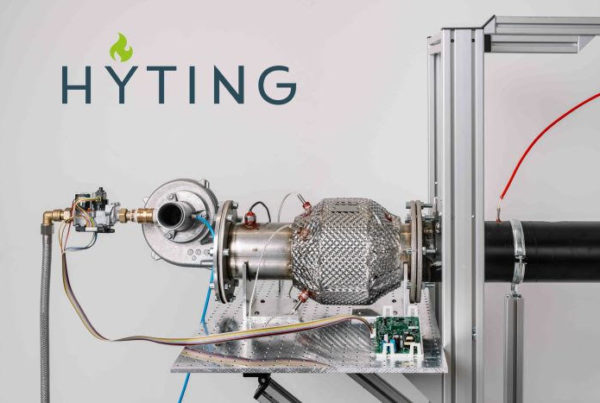
Fuel cells are already making headway as one of the most sustainable fuel sources currently in development. The fact that they can create their own energy using hydrogen and are environmentally friendly to produce makes them a strong contender for green power. However, they do not last forever, and recycling them does not follow the standard procedures of other e-waste.
However, using more natural resources could make fuel cells even more eco-friendly than they are. One such material is bamboo. Here is a look at how bamboo can play a sustainable role in fuel cells.
Is Bamboo a Sustainable Material?
Bamboo is indeed a sustainable material. Bamboo is an incredibly strong resource, can grow in multiple climates, is a very green building material and is the fastest-growing plant on Earth.
The plant — which is actually a grass — is ready for harvesting within three to five years. Because it can grow everywhere except Antarctica, having a plethora of bamboo groves available for multiple uses is simple and sustainable.
What Can Bamboo Do for Fuel Cells?
It may seem like a plant has no place in a device that generates electricity. However, scientists have recently found several uses for this sustainable material in fuel cells.
One of its potential uses is in producing greater hydrogen storage. Two researchers from Stuttgart, Germany’s, University of Hohenheim recently investigated chemical processes that utilize activated carbon made from bamboo. They ended up creating a carbon cookie — or a pressed disc of activated carbon — with the ability to store different gases. They do this by heating bamboo to 500 C for three hours until it forms carbon powder. They also use a pressure vessel to heat the plant and water for the same length of time at 250 C.
This activated carbon can hold three times the gas weight within its micropores. Regarding hydrogen, the scientists say the cookie could contain over 60 grams of hydrogen at once. Unfortunately, it only currently works at -196 C temperatures, but they say it could pave the way for new hydrogen storage techniques.
A study from 2021 also found prudent reasons to include carbon in fuel cells. Researchers at Idaho State University tested microbial fuel cells with bamboo charcoal plates to investigate the potential power output and density. When they connected three of the fuel cells in a series, they found the maximum power output jumped from 0.386 megawatts (mW) to 1.047 mW — an impressive leap.
However, the maximum power density decreased from 576 mW/m2 to 520 mW/m2. This result led them to determine choosing low-resistance bamboo charcoal is the key to improving power density. It has a natural structure that benefits nutrient and proton diffusion, which is vital to anode success. Additionally, this material was vastly superior to graphite in terms of electron transfer, biocompatibility, total internal resistance and surface roughness. The researchers also cited bamboo’s fast growth as one of its advantages to fuel cell sustainability.
These two studies show bamboo can hold much more hydrogen than before and increase power density, which will help fuel cell sustainability. More innovation could further increase the eco-friendliness of this already green technology.
Bamboo Can Increase the Efficiency of Fuel Cells
Fuel cells are currently paving the way for power that does not rely on fossil fuels. Bamboo can play a sustainable role by increasing how much hydrogen fuel cells can hold and extending the power density. Including more natural resources could increase their recyclability in the future.


Jane Marsh, Contributor
The views and opinions expressed herein are those of the authors and do not necessarily reflect the official policy or position of Fuel Cells Works, its directors, partners, staff, contributors, or suppliers. Any content provided by our contributors or authors are of their own opinion and are not intended to malign any religion, ethnic group, club, organization, company, individual or anyone or anything.
Read the most up to date Fuel Cell and Hydrogen Industry news at FuelCellsWorks




